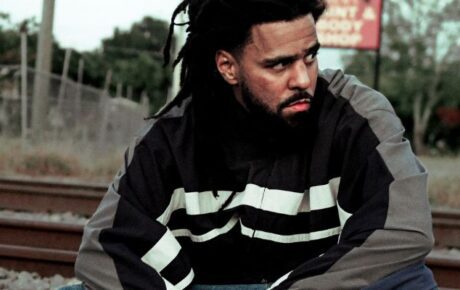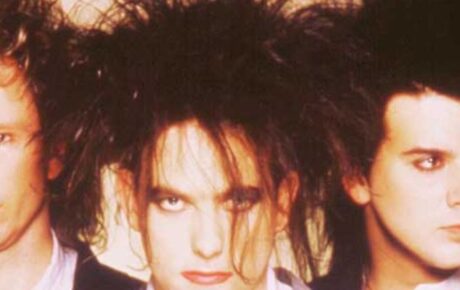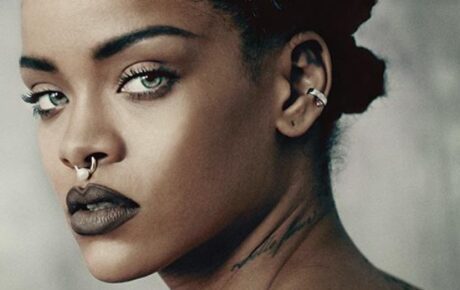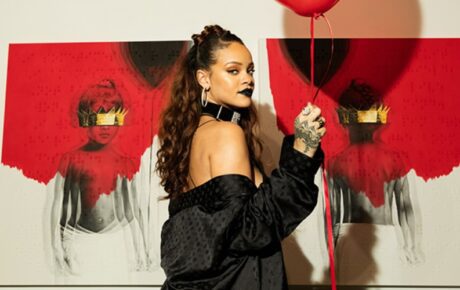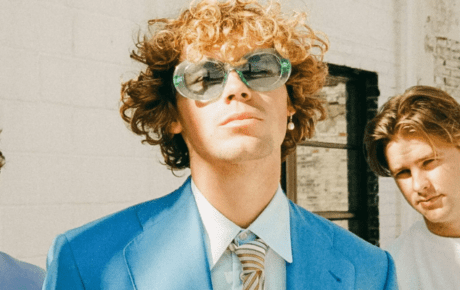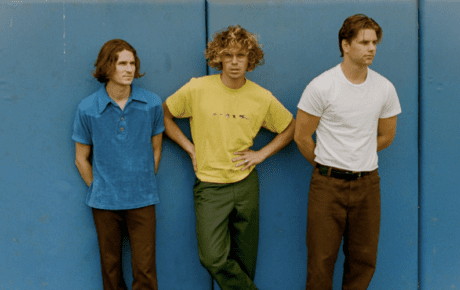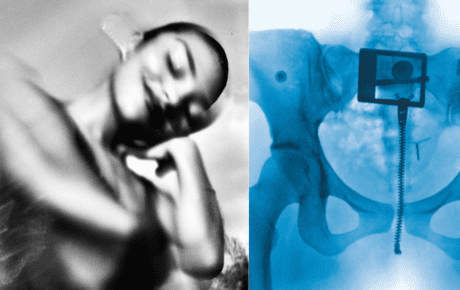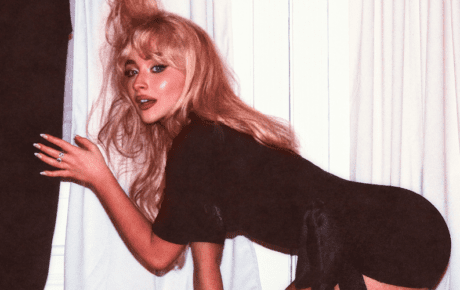It’s been nineteen years since Eminem released his 1999 debut, The Slim Shady LP. Since then, he’s certified himself as one of the most successful rappers of all time. Nineteen years into his career and 45 years old, the Detroit rapper is far from the underdog with a rough start trying to make a name for himself. His last two albums, 2017’s Revival and 2018’s Kamikaze highlight the effect this time has had, and thus the change the veteran rapper must adjust to.
Eminem’s music is anything but politically correct, but in the earlier days, due to the social climate and the comedic aspect of his alter-ego Slim Shady, he seemed to somehow get away with it, because no one knew when he was really being serious. Eminem seemed to thrive under the controversy that surrounded his music. The personality, his aggressive energy verging on psychosis, quick-fire raps, and the sarcastic humour he injected into his music helped him to amass a worldwide following and look past the violent undertones.
Over eighteen years after his breakthrough success, his 2017 album Revival was a massive comedown for the veteran rapper. Despite being one of the most well established and rappers in the game, Revival generally received negative reviews and was considered a flop by the numbers.
There are many collaborations on Revival, to the point where the album almost feels like a pop record – high profile pop sensations like Beyoncé, Alicia Keys, Ed Sheeran and P!nk all make appearances. Despite the talents of each individual artist, these are the mainstream artists Eminem used to take so much pleasure in despising, thus making these features feel inauthentic. In the same vein, the copy & pasted samples of Joan Jett’s ‘I Love Rock n Roll’ & ‘Zombie’ by the Cranberries are both stand out like sore thumbs on the record. Critics and fans alike couldn’t get past the confusion and self-doubt Eminem seemed to be dealing with throughout Revival.
TRENDING NOW
Gino October – New Day ft. INF
And this confusion was understandable. Now the father of a 22-year-old, nine albums deep into his career, and globally accepted as one of the best rappers of his time, how do you grow from the there? He’s no longer the youthful Slim Shady trying to make a name for himself in the game. Eminem’s career has made it clear he is the most endearing as a rapper when he is tongue and cheek, unpredictable, and roots his persona in his rough upbringing in the trailer parks of Detroit, that could also serve as an excuse his violent raps and uncharming bigotry.
All of which brings us to the release of his tenth studio album, 2018’s Kamikaze. Eminem returned overnight, feisty as ever. Eminem argued that fans and critics had made their mind up about Revival before they heard it due to the built up promotional work and early release of the track list – so, for Kamikaze, Eminem took the opportunity away for fans to do this.
Kamikaze took fans by surprise. The album was released without warning, with no hype or promotional plan, simply releasing it at midnight and tweeting “tried not 2 overthink this 1… enjoy”. This sudden release was embraced by fans, reaching 40.9 million streams on Spotify on its first day compared to Revival’s 27.9 million.
It appeared that Eminem channelled all of the negative feedback from Revival into the energetic and aggressive confessionals found on Kamikaze. The whole album is a reaction to the failure of Revival, consistently returning to the idea of overcoming the commercial flop of his previous record while dealing with what’s on his mind in 2018.
On Kamikaze’s second track ‘Greatest’, Eminem doesn’t delude himself – ‘Revival didn’t go viral’ he shares, hitting two birds with one stone, as it also serves as a diss to Kendrick Lamar’s ‘Humble’. He has a lot to say to the haters and other rappers in the game. We hear his angst not only in his disses but in his hectic, thumping beats – four of which you can thank collaborator and up and coming to Illadaproducer for.
Many fans felt this was Eminem’s return to the Slim Shady days. The album honours the greats of the industry such as Nas and long term mentor Dr. Dre, and discusses the current state of rap and hip-hop scene. Spoiler – Eminem isn’t feeling positive about it. Kamikaze is full of his classic disses, which he has no shortage of in a post Revival era. In fact, he’s as angry as ever, resulting in more of those angsty, hard-hitting, spit in your face verses that earned him his initial success.
Kamikaze slows down on the collaborations compared to the pop-filled features on Revival – young Canadian Jessie Reyez stars on two tracks, ‘Nice Guy’ and ‘Good Guy’, a two-part track about a relationship going wrong. Bon Iver’s Justin Vernon stars uncredited on the track ‘Falls’, but he’s since distanced himself from the record due to the homophobic slur the track features against Tyler the Creator.
Through the anger, however, Kamizake does show signs of personal growth. His discussion of topics like toxic masculinity, misogyny, racism, and Trump would be unfeasible to the Eminem’s from years past, who was known to be a notorious bigot. While some may argue it’s too little too late this long into his career, it’s a step in the right direction. Eminem must continue to grow as an artist in order to keep fans listening, and challenge himself at a stage where he no longer has his rocky beginnings to hold on to. After nineteen years running the game, Eminem’s relentless energy and commitment to his music has to be admired.

